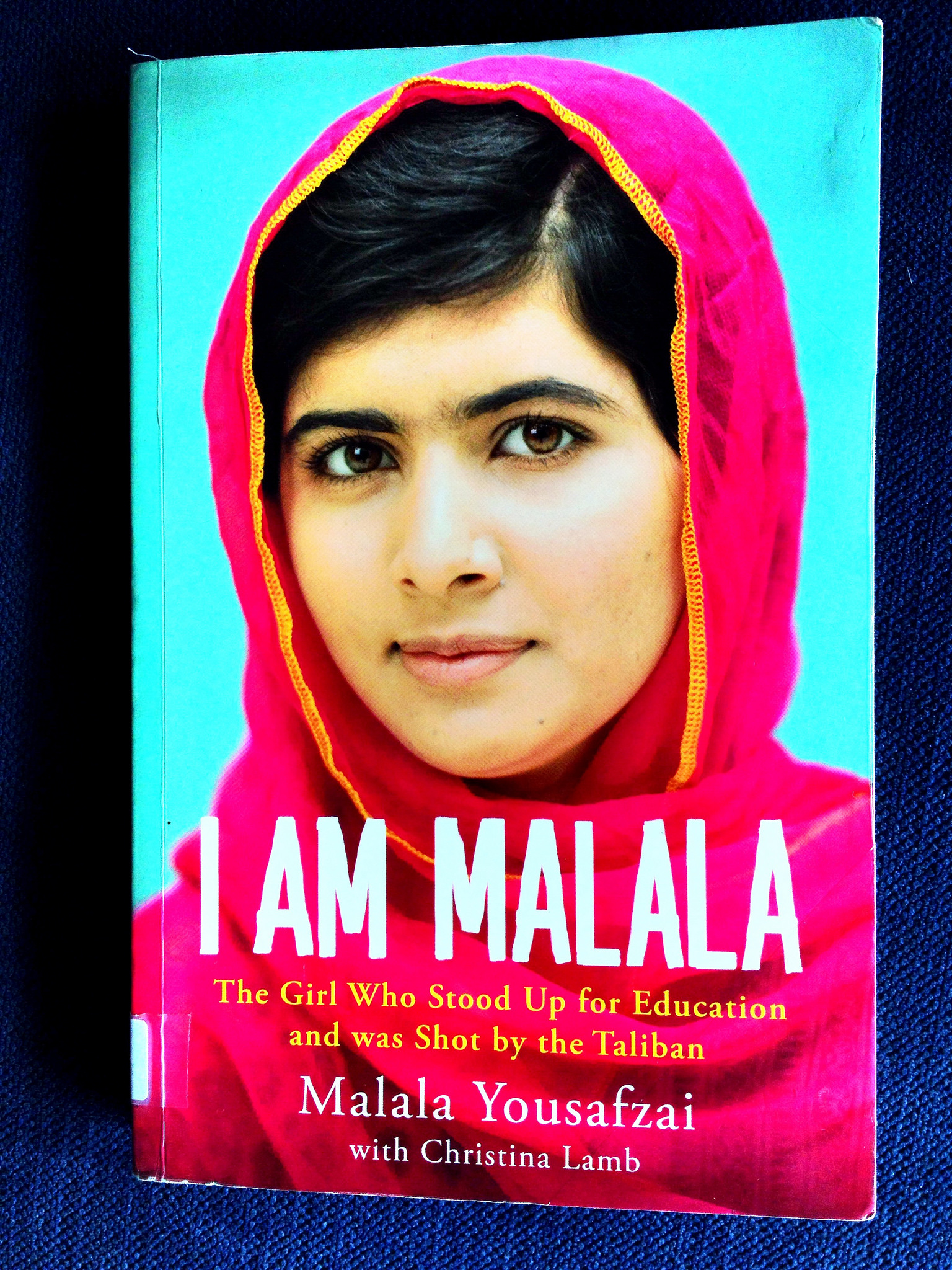With Malala Yousafzai’s recent turn addressing the UN, some have expressed concern, bordering on disdain, for Western media outlets and politicians who are vociferously amplifying Malala’s celebrity. For example, Assed Baig recently wrote for the UK edition of the Huffington Post an article titled, “Malala Yousafzai and the White Savior Complex.” Baig, giving voice to the feelings of many, remarked, “… Malala has been used as a tool by the West…
It allows countries like Britain to hide their sins in Afghanistan and Iraq. It allows journalists to report a feel good story whilst they neglect so many others, like American drone strikes…”
While Baig and others rightly note the deep hypocrisy and selective conscientiousness that runs through the media and politics, we should embrace the positive response to Malala. Despite the inherent contradictions, the buzz around this girl can serve as a rallying point for greater cooperation between Muslims and those of the media and political establishment.
Among the tragedies of modern politics, both internationally and in the US, is how various groups seem to find literally no common ground from which to spur cooperation and compromise. Among the most effective tools for finding common ground, for softening hearts towards each other, is the power of humanization – putting a human face to regions and peoples not of one’s own.
Baig and others argue, “historically, the West has always used women to justify the actions of war mongering men.” The rallying cry behind Malala “continues the demonization of the non-white Muslim man. Painting him as a savage, someone beyond negotiating with, beyond engaging with, the only way to deal with this kind of savage is to wage war, occupy, and use drones against them. NATO is bombing to save girls like Malala is the message here,” he writes.
It is true that framing the bombs America drops on Afghanistan and the drones it fires on Pakistan as an exercise in women’s liberation does give citizens of the West an undue sense of accomplishment. However, I would assert that public apathy has more to do with the continuation of our belligerent foreign policy than this savior complex —a tremendous sense of apathy and disconnect, regarding the fate of men, women, and children of the Muslim world.
As Muslims look to change the West’s foreign policies towards countries like Pakistan, having non-Muslim allies personally invested in lasting peace will be vital. This means that for the average citizen, with no ties to the Muslim world, some connection, not just of sympathy, but of camaraderie – must be fostered.
To the extent that a “white savior complex” does drive some of the overwhelming support for Malala, a piece of wisdom attributed to Australian aboriginal activists in the 1970’s comes to mind: “If you have come to help me, you are wasting your time. But if you have come because your liberation is bound up with mine, then let us work together.”
Rather than assume that mass support for Malala Yousafzai is a waste of our time, we can think of this as an opportunity to create the smallest sense of shared liberation. The truth is that people have a hard enough time being invested in their neighbors, let alone those oceans away – but Malala Yousafzai appears to be the rare person who inspires sincere care and concern despite the great cultural and geographical distance. She serves as an antidote to many of our foreign policy failings.
Baig wonders why the two girls who were attacked alongside Malala have been conveniently forgotten. While their lives are no less precious, it would seem that Malala’s sudden and solo ascension is not the result of a grand plan to manipulate this girl for warmongering, but rather due to her English fluency, and unique charm and outspokenness. Most who suffer under Western military ambition do not receive the care and love showered upon Malala, but, at least for many, the disproportionate love given to Malala is sincere. Where sincerity is found, the opportunity for compromise, cooperation, and shared interests is found as well. As a community, we should embrace the love Malala has received, to ensure that at least one human face from the region stays in the popular conscience as we try to find solutions for the misery so many more than Malala Yousafzai endure.
Abrar Qadir is a recent graduate from Georgetown University Law Center. Abrar maintains a regular blog at Punjabi Refill.




